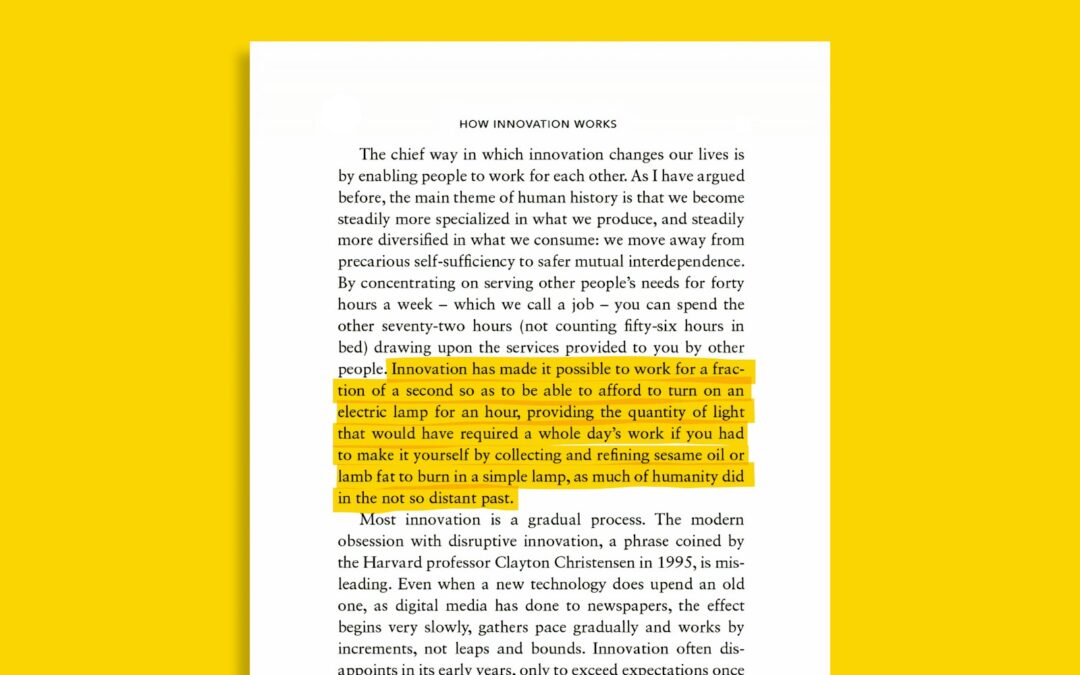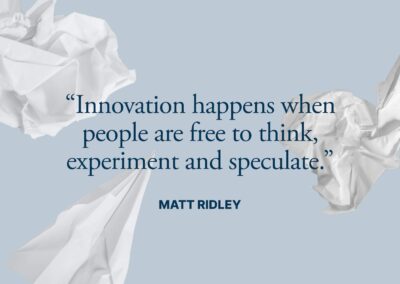Balancing Innovation and Privacy in the Modern Technological Landscape
The Dual-Edged Sword of Technological Innovation
The technological advancements come significant challenges, particularly the potential conflicts between technological innovation and privacy. Understanding and managing these conflicts is crucial for business executives, mid-level managers, and entrepreneurs who aim to leverage modern technology responsibly.
Technological innovations offer immense benefits, including enhanced efficiency, improved customer experiences, and new business opportunities. AI, for instance, can analyze vast amounts of data to provide insights that drive strategic decisions. Blockchain ensures secure and transparent transactions, while the metaverse creates immersive virtual experiences. However, these technologies also raise privacy concerns. AI’s data collection capabilities can lead to unauthorized access to personal information, blockchain’s immutable records pose risks if sensitive data is recorded incorrectly, and the metaverse’s immersive nature can lead to privacy invasions if not properly regulated.
To address these challenges, businesses must adopt a proactive approach to privacy management. This involves not only implementing robust data protection measures but also fostering a culture of privacy awareness among employees. Training programs that educate staff on the importance of privacy and the potential risks associated with new technologies are essential. By doing so, businesses can ensure that innovation does not come at the expense of individual privacy rights.
Policy and Regulation as Tools for Privacy Management
Effective policy and regulation are critical in managing the conflicts between technological innovation and privacy. Governments in Saudi Arabia, the UAE, Riyadh, and Dubai are increasingly recognizing the need for comprehensive frameworks that balance innovation with privacy protection. These frameworks must be designed to address the unique challenges posed by emerging technologies while fostering a conducive environment for technological growth.
One approach is to establish clear guidelines for data collection, storage, and usage. Regulations such as the General Data Protection Regulation (GDPR) in Europe provide a robust model for ensuring that personal data is handled with care. Similar regulations can be tailored to the specific needs of the Gulf region, ensuring that businesses adhere to high standards of data privacy. These regulations should mandate transparency in data handling practices, giving individuals greater control over their personal information.
Moreover, regulatory bodies must actively monitor and enforce compliance with privacy laws. This includes conducting regular audits and imposing penalties for violations. By holding businesses accountable, regulators can deter negligent practices and encourage companies to prioritize privacy. Additionally, collaboration between government agencies and private sector stakeholders can help develop best practices and ensure that regulations remain relevant in the face of rapidly evolving technologies.
Innovative Approaches to Privacy Protection in the Digital Age
Technological Solutions for Enhanced Privacy
In addition to policy and regulation, technological solutions play a crucial role in managing privacy conflicts. Businesses in Saudi Arabia, the UAE, Riyadh, and Dubai can leverage advanced technologies to enhance privacy protection while continuing to innovate. By adopting privacy-enhancing technologies, companies can build trust with their customers and gain a competitive edge.
One such technology is differential privacy, which allows businesses to analyze data without compromising individual privacy. By adding statistical noise to datasets, differential privacy ensures that insights can be gleaned without exposing personal information. This technique is particularly valuable in AI applications where large datasets are analyzed to identify trends and patterns. Implementing differential privacy can help businesses maintain data utility while safeguarding privacy.
Another promising approach is the use of blockchain for secure and transparent data management. Blockchain’s decentralized nature ensures that data is not stored in a single location, reducing the risk of breaches. Moreover, advanced cryptographic techniques such as zero-knowledge proofs can enhance privacy by allowing transactions to be verified without revealing sensitive information. By integrating these technologies, businesses can create secure and privacy-preserving systems.
Fostering a Culture of Privacy-First Innovation
Creating a privacy-first culture within organizations is essential for managing the conflicts between technological innovation and privacy. Business leaders in Saudi Arabia, the UAE, Riyadh, and Dubai must prioritize privacy at every stage of the innovation process, from product development to customer interactions. This involves embedding privacy considerations into the design of new technologies and continuously evaluating their impact on privacy.
One effective strategy is to adopt the principle of Privacy by Design, which involves integrating privacy into the development lifecycle of products and services. By considering privacy from the outset, businesses can identify and mitigate potential risks early on. This approach not only enhances privacy protection but also improves customer trust and satisfaction.
Furthermore, engaging with customers and stakeholders on privacy matters is crucial. Businesses should communicate transparently about their data practices and seek feedback to ensure that their privacy policies align with customer expectations. By fostering open dialogue, companies can build stronger relationships with their customers and demonstrate their commitment to privacy.
Conclusion
In conclusion, the conflicts between technological innovation and privacy are complex and multifaceted. Business executives, mid-level managers, and entrepreneurs in Saudi Arabia, the UAE, Riyadh, and Dubai must navigate these challenges through a combination of policy, regulation, and technological solutions. By implementing robust privacy frameworks, leveraging advanced technologies, and fostering a culture of privacy-first innovation, businesses can balance the benefits of technological advancements with the need to protect individual privacy. This approach not only mitigates privacy risks but also promotes sustainable and responsible innovation in the digital age.
—
#technologyprivacy #AIregulation #blockchainprivacy #metaverseprivacy #SaudiArabia #UAE #Riyadh #Dubai























